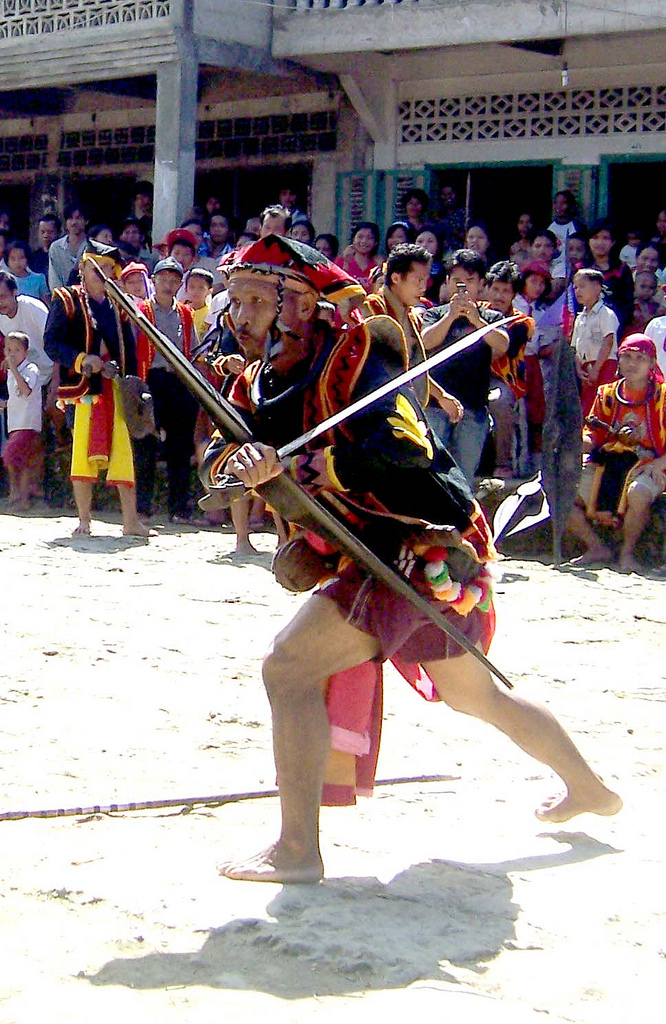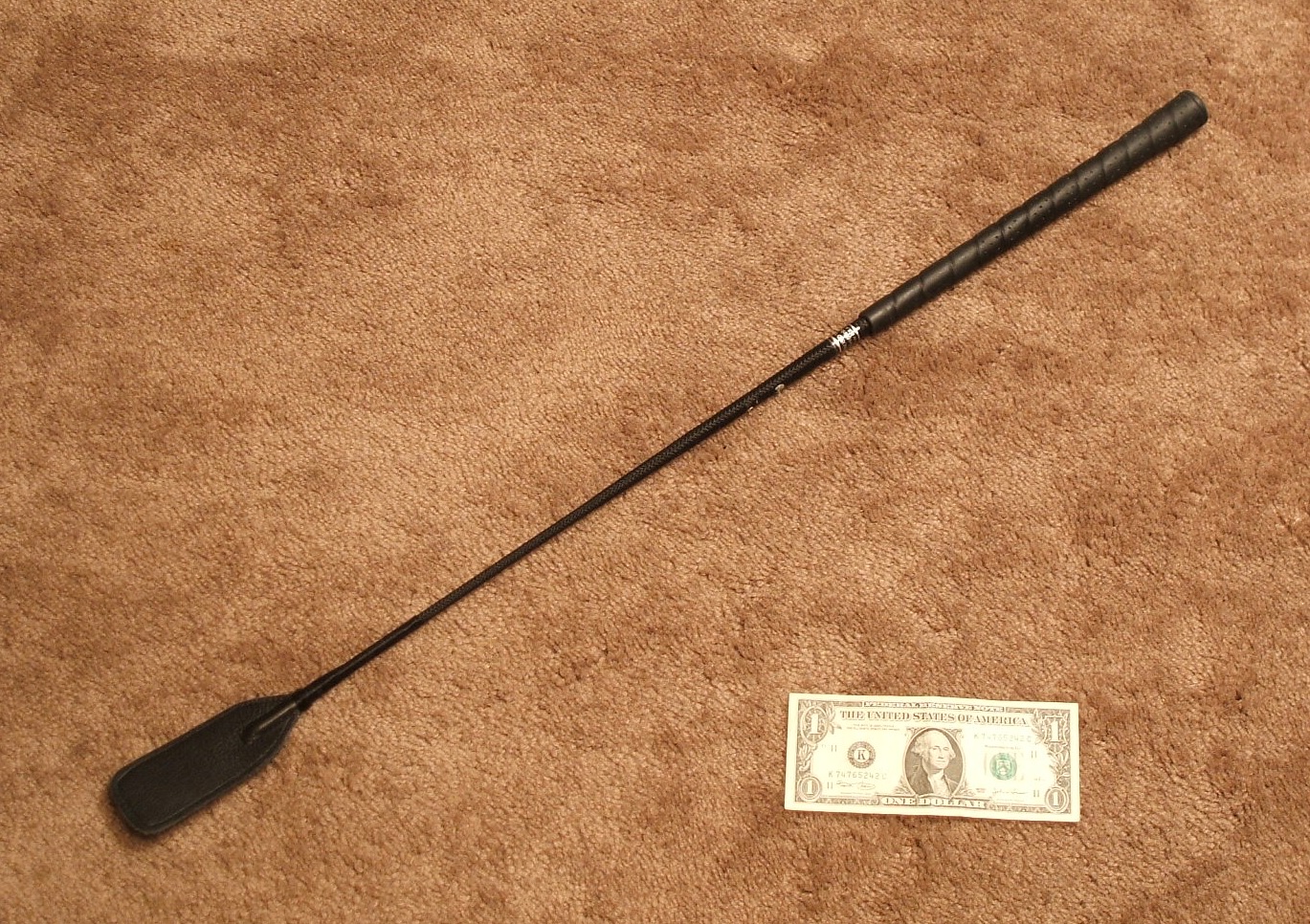|
Pasola
Pasola is a mounted spear-fighting competition from western Sumba, Indonesia. It is played by throwing wooden spears at the opponent while riding a horse to celebrate the rice-planting season. The word ''pasola'' means spear in the local language and derives from the Sanskrit ''sula''. According to legend, pasola originated with a woman from the village of Waiwuang. When her husband – a local leader – left home for an extended period, she believed him to be dead and eloped with a new lover from another village. After her husband returned, the woman still chose to stay with her new lover, and the two were married. To forget their leader's sadness, the people of Waiwuang held the festival of pasola. Originally the participants rode horses and threw spears at each other in an attempt to spill blood to the ground, as a way of thanking the ancestors for a successful harvest and ensuring another prosperous rice Rice is a cereal grain and in its Domestication, domesticated ... [...More Info...] [...Related Items...] OR: [Wikipedia] [Google] [Baidu] |
Indonesian Martial Arts
Indonesian martial arts includes a variety of martial arts, fighting systems native to or developed in the archipelago of Indonesia, both the age-old traditional arts, and the more recently developed hybrid combatives. In the Indonesian language the term ''bela-diri'' (lit. self-defense) is used to mean martial art, and in essence the Indonesian fighting arts are meant as one's defence against perceived threat and assault. Other than physical training, they often include spiritual aspects to cultivate inner strength, inner peace and higher psychological ends. Today, Indonesian fighting styles are synonymous with pencak silat, a term coined for the martial arts of the Nusantara (archipelago), Indonesian archipelago. Nevertheless, a number of fighting arts in Indonesia are not included within the category of silat. Western misconception links silat with "jungle tribes" but in actuality, pencak silat was neither created nor traditionally practised by Indonesia's tribal inhabitants, ... [...More Info...] [...Related Items...] OR: [Wikipedia] [Google] [Baidu] |
Pasola
Pasola is a mounted spear-fighting competition from western Sumba, Indonesia. It is played by throwing wooden spears at the opponent while riding a horse to celebrate the rice-planting season. The word ''pasola'' means spear in the local language and derives from the Sanskrit ''sula''. According to legend, pasola originated with a woman from the village of Waiwuang. When her husband – a local leader – left home for an extended period, she believed him to be dead and eloped with a new lover from another village. After her husband returned, the woman still chose to stay with her new lover, and the two were married. To forget their leader's sadness, the people of Waiwuang held the festival of pasola. Originally the participants rode horses and threw spears at each other in an attempt to spill blood to the ground, as a way of thanking the ancestors for a successful harvest and ensuring another prosperous rice Rice is a cereal grain and in its Domestication, domesticated ... [...More Info...] [...Related Items...] OR: [Wikipedia] [Google] [Baidu] |
Indonesia
Indonesia, officially the Republic of Indonesia, is a country in Southeast Asia and Oceania, between the Indian Ocean, Indian and Pacific Ocean, Pacific oceans. Comprising over List of islands of Indonesia, 17,000 islands, including Sumatra, Java, Sulawesi, and parts of Borneo and New Guinea, Indonesia is the world's largest archipelagic state and the List of countries and dependencies by area, 14th-largest country by area, at . With over 280 million people, Indonesia is the world's List of countries and dependencies by population, fourth-most-populous country and the most populous Islam by country, Muslim-majority country. Java, the world's List of islands by population, most populous island, is home to more than half of the country's population. Indonesia operates as a Presidential system, presidential republic with an elected People's Consultative Assembly, legislature and consists of Provinces of Indonesia, 38 provinces, nine of which have Autonomous administrative divisi ... [...More Info...] [...Related Items...] OR: [Wikipedia] [Google] [Baidu] |
Sanskrit
Sanskrit (; stem form ; nominal singular , ,) is a classical language belonging to the Indo-Aryan languages, Indo-Aryan branch of the Indo-European languages. It arose in northwest South Asia after its predecessor languages had Trans-cultural diffusion, diffused there from the northwest in the late Bronze Age#South Asia, Bronze Age. Sanskrit is the sacred language of Hinduism, the language of classical Hindu philosophy, and of historical texts of Buddhism and Jainism. It was a lingua franca, link language in ancient and medieval South Asia, and upon transmission of Hindu and Buddhist culture to Southeast Asia, East Asia and Central Asia in the early medieval era, it became a language of religion and high culture, and of the political elites in some of these regions. As a result, Sanskrit had a lasting effect on the languages of South Asia, Southeast Asia and East Asia, especially in their formal and learned vocabularies. Sanskrit generally connotes several Indo-Aryan languages# ... [...More Info...] [...Related Items...] OR: [Wikipedia] [Google] [Baidu] |
Lesser Sunda Islands
The Lesser Sunda Islands (, , ), now known as Nusa Tenggara Islands (, or "Southeast Islands"), are an archipelago in the Indonesian archipelago. Most of the Lesser Sunda Islands are located within the Wallacea region, except for the Bali province which is west of the Wallace Line and is within the Sunda Shelf. Together with the Greater Sunda Islands to the west, they make up the Sunda Islands. The islands are part of a volcanic arc, the Sunda Arc, formed by subduction along the Sunda Trench in the Java Sea. In 1930 the population was 3,460,059; today over 17 million people live on the islands. Etymologically, Nusa Tenggara means "Southeast Islands" from the words of ''nusa'' which means 'island' from Old Javanese language and ''tenggara'' means 'southeast'. The main Lesser Sunda Islands are, from west to east: Bali, Lombok, Sumbawa, Flores, Sumba, Savu, Rote Island, Rote, Timor, Atauro, Alor archipelago, Barat Daya Islands, and Tanimbar Islands. Apart from the eastern half o ... [...More Info...] [...Related Items...] OR: [Wikipedia] [Google] [Baidu] |
Equestrian Team Sports
The word equestrian is a reference to equestrianism, or horseback riding, derived from Latin ' and ', "horse". Horseback riding (or riding in British English) Examples of this are: *Equestrian sports *Equestrian order, one of the upper classes in ancient Rome *Equestrian statue, a statue of a leader on horseback * Equestrian nomads, one of various nomadic or semi-nomadic ethnic groups whose culture places special emphasis on horse breeding and riding *Equestrian at the Summer Olympics, a division of Olympic Games competition Other *The ship ''Equestrian'', used to transport convicts from England to Australia, for example Alfred Dancey. See also *Equestria, Pretoria *Equestria, the fictional nation in which the television show ''My Little Pony: Friendship Is Magic'', and its associated comic books, movies, and novels primarily take place * Horse (other) * Horse people (other) * Horsewoman (other) Horsewoman or horse-women may refer to: In general ... [...More Info...] [...Related Items...] OR: [Wikipedia] [Google] [Baidu] |
List Of Festivals In Indonesia
Below is a list of festivals in Indonesia. The list is divided based on their respective calendar. Changing date * Indonesia Menari *Festival Baleo, Lembata * Ngayogjazz, Yogyakarta *Gawai Dayak, West Kalimantan *Indonesian Film Festival, Jakarta * Jakarta Fashion & Food Festival, Jakarta * Jazz Goes to Campus, University of Indonesia, Depok *Jember Fashion Carnival, Jember *Lombok Full Moon Festival, Gili Trawangan (every full moon) *Makepung, Bali * Mentawai Festival, Mentawai Islands Regency, West Sumatra *Nihon no Matsuri, Telkom Institute of Technology * Q! Film Festival *Tomohon International Flower Festival, Tomohon, North Sulawesi Gregorian calendar *January **Festival Manulude, Sangihe Islands Regency, North Sulawesi **Maudu Lompoa, Takalar *February **Bau Nyale Putri Mandalika, Kuta Beach, Lombok (between February and March) **Pasola, 4 villages in West Sumba (between February and March) *March **Bali Spirit Festival, Bali (March) **Jakarta International Java Jazz ... [...More Info...] [...Related Items...] OR: [Wikipedia] [Google] [Baidu] |
Sea Worm
Sea worm may refer to one or several of the following taxa In biology, a taxon (back-formation from ''taxonomy''; : taxa) is a group of one or more populations of an organism or organisms seen by taxonomists to form a unit. Although neither is required, a taxon is usually known by a particular name and ...: See also * Marine worm {{Animal common name Marine animals Worms (obsolete taxon) ... [...More Info...] [...Related Items...] OR: [Wikipedia] [Google] [Baidu] |
Horse
The horse (''Equus ferus caballus'') is a domesticated, one-toed, hoofed mammal. It belongs to the taxonomic family Equidae and is one of two extant subspecies of ''Equus ferus''. The horse has evolved over the past 45 to 55 million years from a small multi-toed creature, '' Eohippus'', into the large, single-toed animal of today. Humans began domesticating horses around 4000 BCE in Central Asia, and their domestication is believed to have been widespread by 3000 BCE. Horses in the subspecies ''caballus'' are domesticated, although some domesticated populations live in the wild as feral horses. These feral populations are not true wild horses, which are horses that have never been domesticated. There is an extensive, specialized vocabulary used to describe equine-related concepts, covering everything from anatomy to life stages, size, colors, markings, breeds, locomotion, and behavior. Horses are adapted to run, allowing them to quickly escape predator ... [...More Info...] [...Related Items...] OR: [Wikipedia] [Google] [Baidu] |
Rice
Rice is a cereal grain and in its Domestication, domesticated form is the staple food of over half of the world's population, particularly in Asia and Africa. Rice is the seed of the grass species ''Oryza sativa'' (Asian rice)—or, much less commonly, ''Oryza glaberrima'' (African rice). Asian rice was domesticated in China some 13,500 to 8,200 years ago; African rice was domesticated in Africa about 3,000 years ago. Rice has become commonplace in many cultures worldwide; in 2023, 800 million tons were produced, placing it third after sugarcane and maize. Only some 8% of rice is traded internationally. China, India, and Indonesia are the largest consumers of rice. A substantial amount of the rice produced in developing nations is lost after harvest through factors such as poor transport and storage. Rice yields can be reduced by pests including insects, rodents, and birds, as well as by weeds, and by List of rice diseases, diseases such as rice blast. Traditional rice polyc ... [...More Info...] [...Related Items...] OR: [Wikipedia] [Google] [Baidu] |
Whip Fighting
A whip is a blunt weapon or implement used in a striking motion to create sound or pain. Whips can be used for flagellation against humans or animals to exert control through pain compliance or fear of pain, or be used as an audible cue through the distinct whipcrack effect. The portion used for striking is generally either a firm rod designed for direct contact, or a flexible line requiring a specialized swing. The former is easier and more precise, the latter offers longer reach and greater force. Some varieties, such as a hunting whip or lunge whip, have an extended stock section in addition to the line. Whips such as the " cat o' nine tails" and knout are specifically developed for corporal punishment or torture on human targets. Certain religious practices and BDSM activities involve the self-use of whips or the use of whips between consenting partners. Misuse on animals may be considered animal cruelty, and misuse on humans may be viewed as assault. Use Whips are gen ... [...More Info...] [...Related Items...] OR: [Wikipedia] [Google] [Baidu] |







